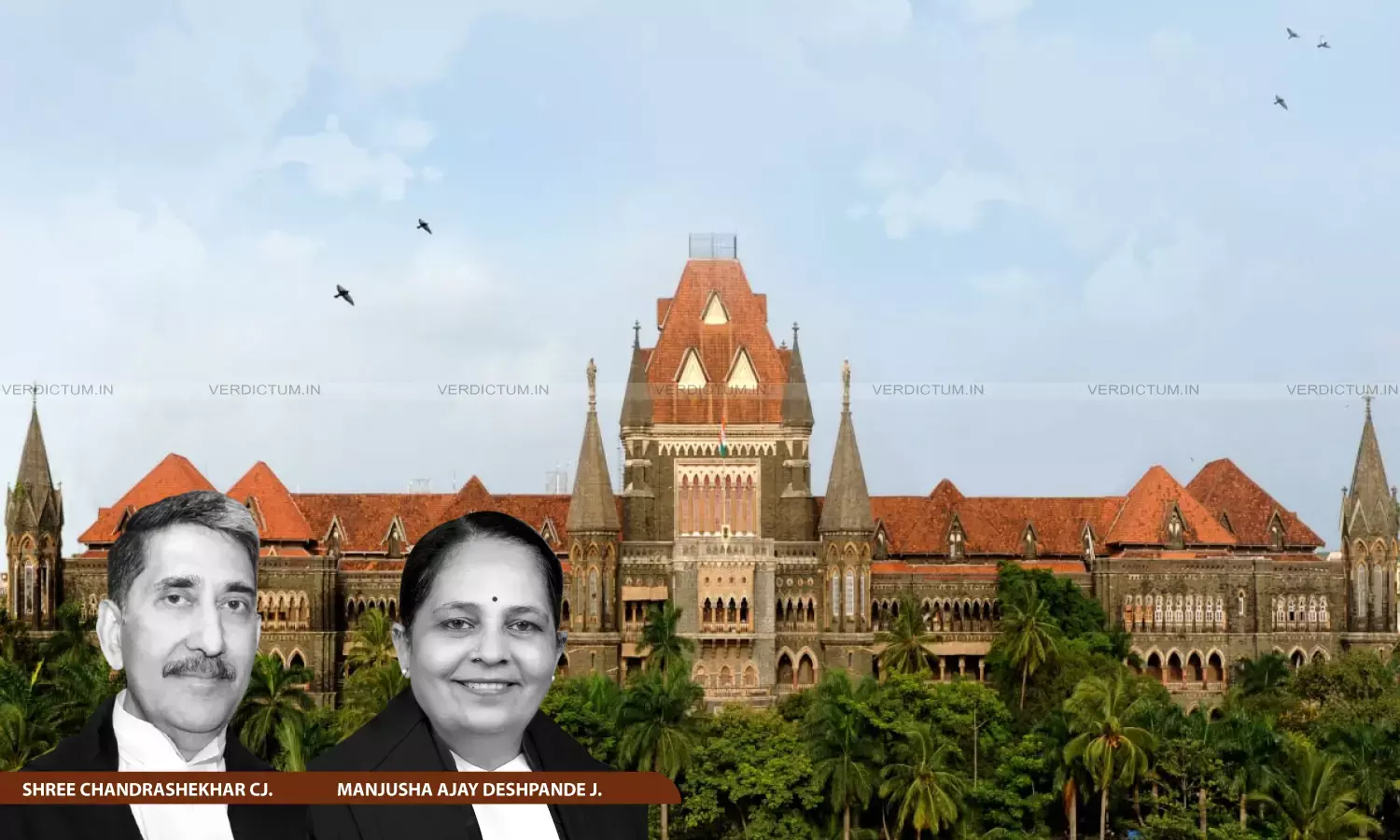Definition Of An Authority As ‘State’ Does Not Automatically Justify Exercise Of Writ Jurisdiction Against It: Bombay High Court
The High Court clarified that where a dispute arises purely from private contractual terms, judicial review cannot be invoked merely because the employer performs public functions.

The Bombay High Court, while dismissing a writ petition filed against the National Stock Exchange (NSE), ruled that writ jurisdiction cannot be exercised in disputes governed by purely contractual and private terms of employment, even if the employer body qualifies as a “State” under Article 12.
The Court was hearing a writ petition filed by a former senior executive of the NSE who sought quashing of his termination order issued under Clause 11 of his appointment letter, claiming that it was arbitrary and violative of Articles 14, 16, and 21 of the Constitution.
A Division Bench comprising Chief Justice Shree Chandrashekhar and Justice Manjusha Deshpande while referring to the Apex Court’s decision in K. K. Saksena v. International Commission on Irrigation and Drainage, reiterated that “in cases where the body or authority is a ‘State’ within the meaning of Article 12 of the Constitution of India, a writ shall not lie to resolve a private dispute”. The Bench explained that before exercising the writ jurisdiction, the Court “must satisfy itself that the impugned action of the authority is in the domain of public law even if the writ petition is maintainable against that authority.”
Advocate K.P. Anilkumar represented the petitioner, while Senior Advocate Ashish Kamat represented the respondents.
Background
The petitioner, a long-serving employee of NSE, was appointed in 2001 and later promoted to a senior position. His termination in July 2023 was carried out under Clause 11 of the employment contract, which permitted the employer to terminate his services with notice or payment in lieu thereof.
He alleged that the decision was taken arbitrarily, without any inquiry or justification, and sought reinstatement with full back wages. He also argued that NSE, by virtue of its statutory recognition and regulatory functions under the Securities Contracts (Regulation) Act, 1956, performed public duties, making its actions subject to judicial review.
The NSE, however, maintained that while it performed public functions in market regulation, employment matters remained purely private and contractual in nature, and therefore outside the purview of Article 226.
Court’s Observation
The Bombay High Court examined the scope of writ jurisdiction under Article 226 in cases where the respondent body qualifies as a “State” under Article 12. Referring to the principle laid down in Binny Ltd. v. Sadasivan (2005) 6 SCC 657, the Bench reiterated that even when a body performs public functions, writ jurisdiction cannot be invoked to enforce purely private contractual rights.
The Bench, while observing that the powers of judicial review under Article 226 must be exercised with restraint, stated that “it is also not necessary that the powers of judicial review under the writ jurisdiction must be exercised once it is found that the authority is a ‘State’. The terms and conditions of appointment of the petitioner bear a purely private character.”
The Court further explained that mere status as a ‘State’ under Article 12 does not automatically subject every decision of such a body to judicial scrutiny. What is determinative, the Bench explained, is the nature of the function and the right alleged to have been violated. Where the dispute relates to a personal contract of employment, it does not assume a public law character.
In support of this principle, the Bench relied on Federal Bank Ltd. v. Sagar Thomas (2003), K.K. Saksena v. ICID (2015), and St. Mary’s Education Society v. Rajendra Prasad Bhargava (2023), where the Supreme Court held that even when an entity performs public duties, the remedy under Article 226 cannot be invoked to challenge matters arising out of private employment.
The Bench also took note of the fact that the petitioner had accepted the payment of notice period and other dues upon termination, thereby signifying acknowledgement of the contractual terms.
Concluding, the Bench reaffirmed the distinction between public law remedies and private law rights, stating that the writ of mandamus can only be issued to enforce public duties or statutory obligations and not to adjudicate contractual grievances.
Conclusion
The Bombay High Court concluded that the petitioner’s service was governed entirely by private contractual terms, and the challenge raised no public law issue warranting judicial interference under Article 226. Accordingly, the writ petition was dismissed.
Cause Title: Suprabhat Lala v. National Stock Exchange Ltd. & Others (Neutral Citation: 2025:BHC-OS:19788-DB)
Appearances
Petitioner: K.P. Anilkumar, Amit Saple, Priyanka Kumar, and Chinmay Apte, Advocates
Respondents: Ashish Kamat (Senior Advocate), with Prathamesh Kamat, Ishan Agrawal, and others


